
Durham: The Heart of North Carolina's Research Triangle
Durham, North Carolina, is a city steeped in history and culture, known for its vibrant arts scene, top-tier universities, and technology hubs. As part of the famed Research Triangle, Durham offers a unique blend of old-world charm and modern innovation. Visitors can explore its historic tobacco warehouses that have been transformed into trendy eateries, shops, and art galleries. The American Tobacco Historic District is a must-visit, where the past meets the present in a revitalized urban space. For nature lovers, Durham doesn't disappoint. The Sarah P. Duke Gardens, located on the Duke University campus, is a 55-acre public garden featuring a stunning array of flora. It's perfect for a leisurely stroll or a family picnic. The Eno River State Park offers hiking trails, river activities, and a chance to immerse yourself in the natural beauty of the area. Durham's food scene is another highlight. From Southern comfort food to international cuisine, the city's culinary offerings are diverse and delicious. Don't miss the chance to dine at one of the many acclaimed restaurants, some of which are James Beard Award winners. The local farmers' markets provide fresh, locally-sourced produce that chefs incorporate into their seasonal menus. Sports enthusiasts will find plenty to cheer about in Durham. The Durham Bulls Athletic Park is home to the beloved Durham Bulls minor league baseball team. Catching a game here is a quintessential American experience, complete with hot dogs, popcorn, and plenty of local fanfare. For a touch of intellectual exploration, the Nasher Museum of Art and the Museum of Life and Science offer engaging exhibits for all ages.
Local tips in Durham Area
- Visit the American Tobacco Historic District for shopping and dining in a historic setting.
- Plan a visit to the Sarah P. Duke Gardens early in the morning to avoid crowds.
- Check the Durham Bulls' schedule and buy tickets in advance for popular games.
- Explore the local farmers' markets for fresh produce and unique local products.
- Wear comfortable shoes for walking tours and hikes around the city and parks.
Durham: The Heart of North Carolina's Research Triangle
Durham, North Carolina, is a city steeped in history and culture, known for its vibrant arts scene, top-tier universities, and technology hubs. As part of the famed Research Triangle, Durham offers a unique blend of old-world charm and modern innovation. Visitors can explore its historic tobacco warehouses that have been transformed into trendy eateries, shops, and art galleries. The American Tobacco Historic District is a must-visit, where the past meets the present in a revitalized urban space. For nature lovers, Durham doesn't disappoint. The Sarah P. Duke Gardens, located on the Duke University campus, is a 55-acre public garden featuring a stunning array of flora. It's perfect for a leisurely stroll or a family picnic. The Eno River State Park offers hiking trails, river activities, and a chance to immerse yourself in the natural beauty of the area. Durham's food scene is another highlight. From Southern comfort food to international cuisine, the city's culinary offerings are diverse and delicious. Don't miss the chance to dine at one of the many acclaimed restaurants, some of which are James Beard Award winners. The local farmers' markets provide fresh, locally-sourced produce that chefs incorporate into their seasonal menus. Sports enthusiasts will find plenty to cheer about in Durham. The Durham Bulls Athletic Park is home to the beloved Durham Bulls minor league baseball team. Catching a game here is a quintessential American experience, complete with hot dogs, popcorn, and plenty of local fanfare. For a touch of intellectual exploration, the Nasher Museum of Art and the Museum of Life and Science offer engaging exhibits for all ages.
When is the best time to go to Durham Area?
Iconic landmarks you can’t miss
Bennett Place
Discover the pivotal moments of the Civil War at Bennett Place, a historical landmark in Durham, North Carolina, where history comes alive.
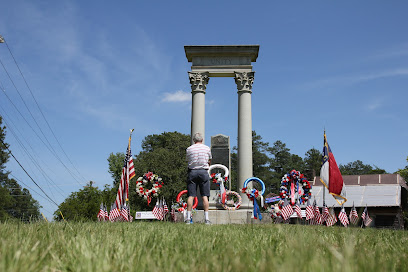
Duke Homestead
Explore Duke Homestead, a historic site in Durham, NC, that reveals the legacy of tobacco and the Duke family's profound influence on American history.
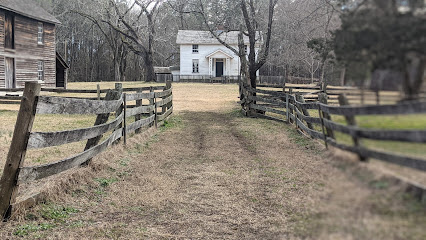
Stagville State Historic Site
Explore Stagville State Historic Site: A significant historical museum in Durham, NC, showcasing the legacy of North Carolina's antebellum plantation era.
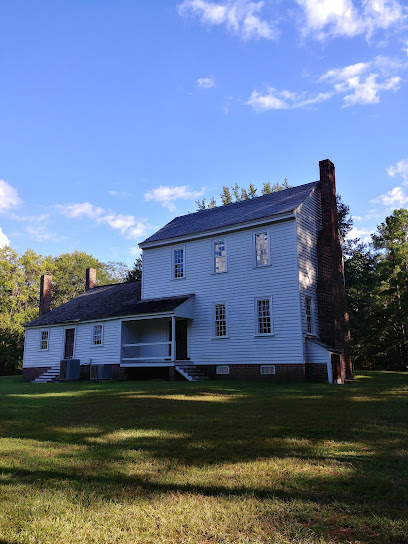
Museum of Durham History
Explore the vibrant history of Durham, NC at the Museum of Durham History, showcasing the city's past and cultural milestones through captivating exhibits.
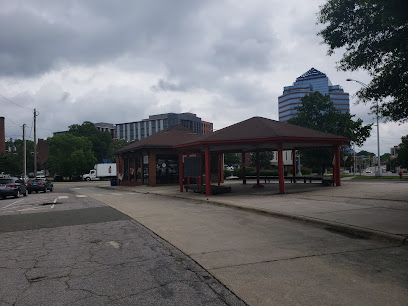
Bull Durham House
Experience the historic Bull Durham House, a cinematic landmark that embodies the spirit of Durham's baseball heritage and rich cultural history.
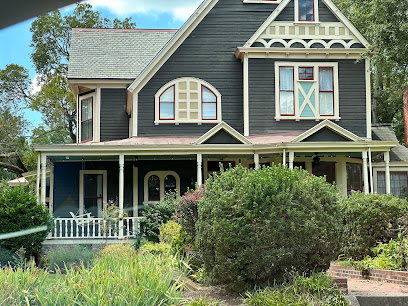
East Durham Historic District
Explore the historic charm of East Durham Historic District, where timeless architecture and rich stories await your discovery in Durham, North Carolina.
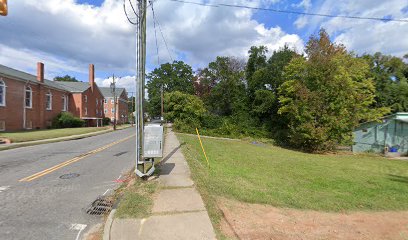
Unmissable attractions to see
Lenovo Center
Experience the excitement of live music and events at the Lenovo Center, Raleigh's premier arena for entertainment and culture.
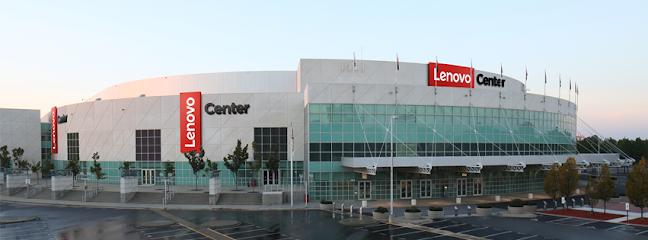
Sarah P. Duke Gardens
Explore the enchanting landscapes of Sarah P. Duke Gardens in Durham, NC, where nature's beauty thrives in every season.
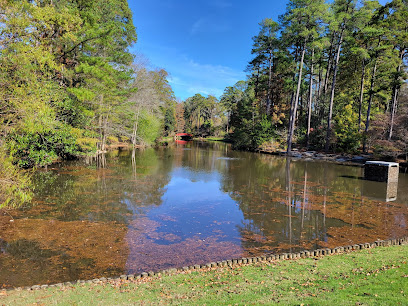
American Tobacco Campus
Explore the historic American Tobacco Campus in Durham, where rich history meets modern leisure in a vibrant urban setting.
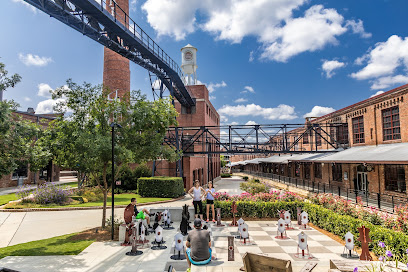
Martin Marietta Center for the Performing Arts
Immerse yourself in the rich cultural offerings at the Martin Marietta Center for the Performing Arts, Raleigh's premier venue for music and theater.
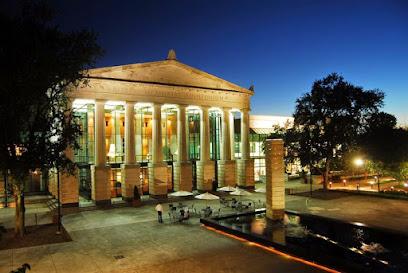
Museum of Life and Science
Discover an interactive world of science, nature, and adventure at the Museum of Life and Science in Durham, NC, perfect for visitors of all ages.
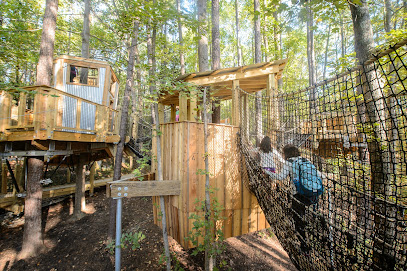
Durham Central Park
Discover the beauty and community spirit of Durham Central Park, a vibrant oasis in Durham, North Carolina, perfect for relaxation and local events.
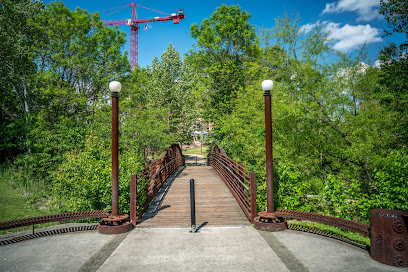
Sky Zone Trampoline Park
Dive into an exhilarating experience at Sky Zone Trampoline Park in Durham, NC, where fun and fitness meet in a vibrant, family-friendly atmosphere.
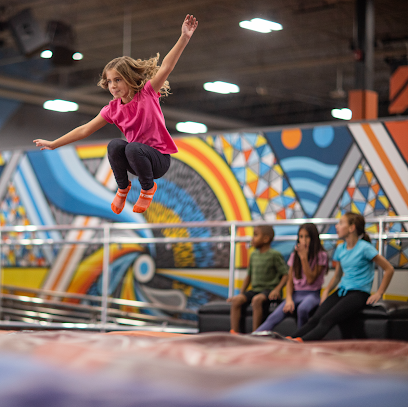
West Point on the Eno Park
Experience the natural beauty and tranquility of West Point on the Eno Park in Durham, North Carolina, a perfect retreat for outdoor enthusiasts and families alike.
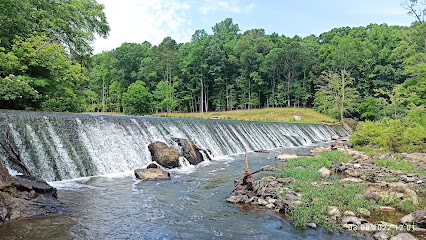
Angel Island Fun Park
Explore the vibrant attractions and family-friendly fun at Angel Island Fun Park in Durham, NC, the perfect destination for adventure seekers!
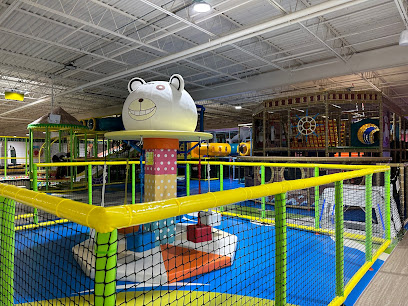
C. M. Herndon Park
Discover the tranquility of C. M. Herndon Park in Durham, where lush landscapes meet recreational fun for all ages.
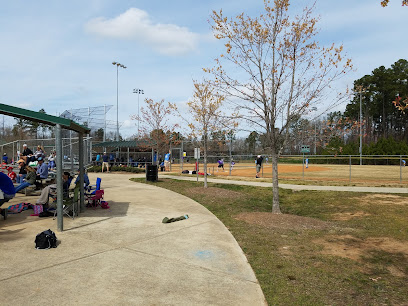
City Market
Explore City Market in Raleigh, where history meets modern charm with delightful shops, eateries, and local art galleries.
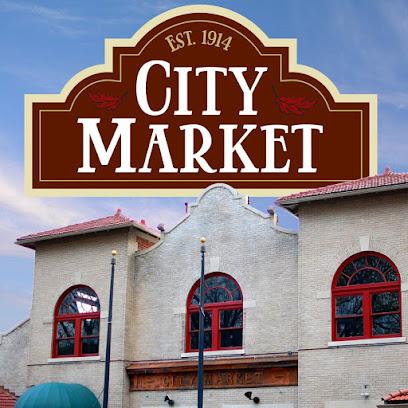
Bennett Place
Discover the historic Bennett Place in Durham, NC, where the largest Confederate surrender took place, offering engaging exhibits and serene outdoor spaces.
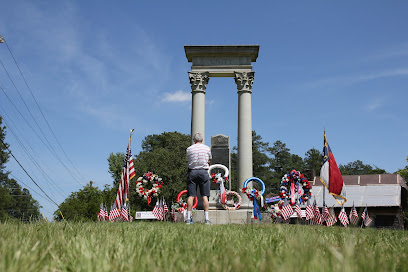
Stagville State Historic Site
Discover the profound history of Stagville State Historic Site, where North Carolina's plantation legacy comes to life through captivating exhibits and guided tours.
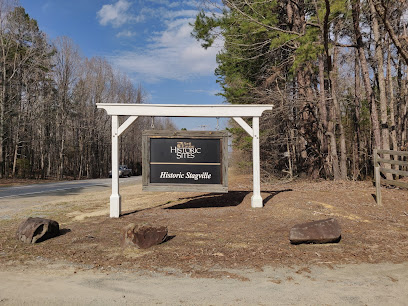
City of Raleigh Museum
Explore the City of Raleigh Museum, where the captivating history of North Carolina's capital comes alive through engaging exhibits and cultural programs.
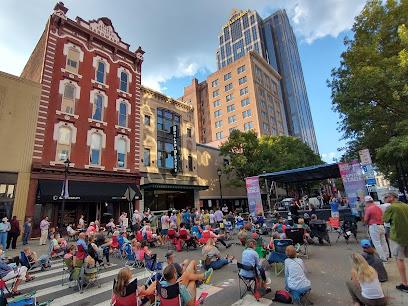
Pump Station Trail
Experience the breathtaking beauty and rich history of Pump Station Trail, a scenic hiking area in Durham, NC, perfect for nature lovers and adventure seekers.
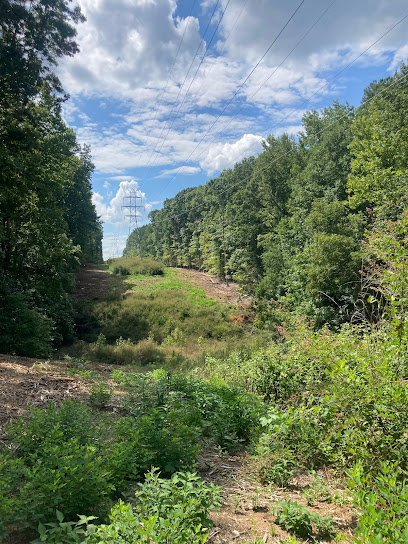
Essential places to dine
Guglhupf Restaurant
Experience delightful German-inspired cuisine at Guglhupf Restaurant in Durham – where breakfast meets brunch in a cozy beer garden setting.
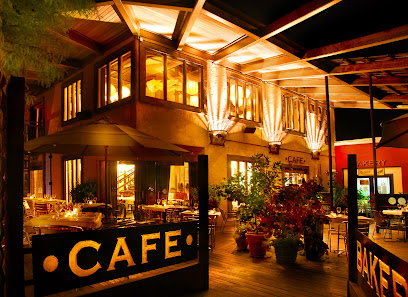
City Barbeque
Savor authentic Southern barbecue at City Barbeque in Durham - where every bite tells a story of flavor and tradition.
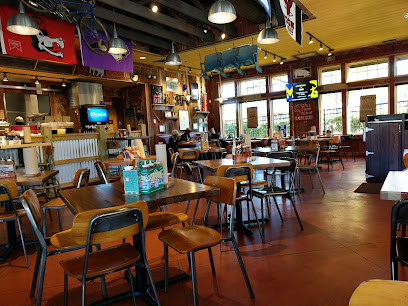
Page Road Grill
Experience the essence of Southern cuisine at Page Road Grill in Durham, NC – where great food meets warm hospitality.
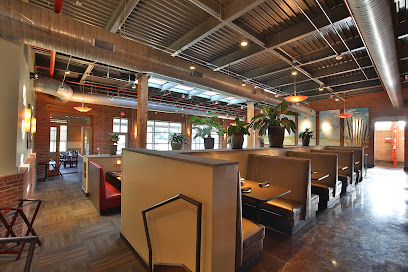
GRUB Durham
Experience authentic Southern cuisine at GRUB Durham – a local favorite for barbecue, breakfast & brunch in North Carolina's vibrant culinary scene.
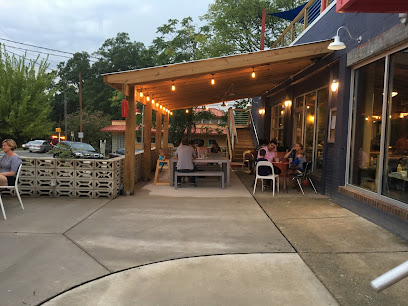
Dame's Chicken & Waffles
Experience the ultimate fusion of Southern flavors at Dame's Chicken & Waffles in Durham – where comfort food meets culinary creativity.
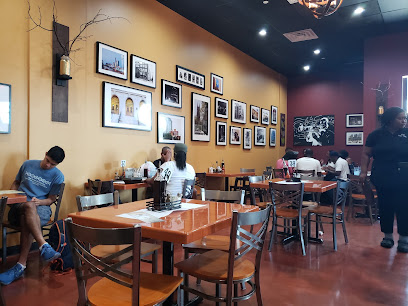
The Blue Note Grill
Experience mouthwatering barbecue and vibrant live music at The Blue Note Grill in Downtown Durham – where flavor meets entertainment.
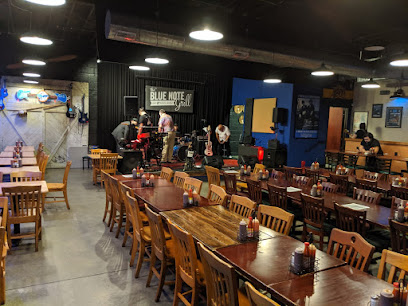
It's a Southern thing - Downtown Durham
Discover authentic Southern cuisine at It's a Southern Thing in Downtown Durham - A culinary gem serving delicious barbecue and brunch delights.
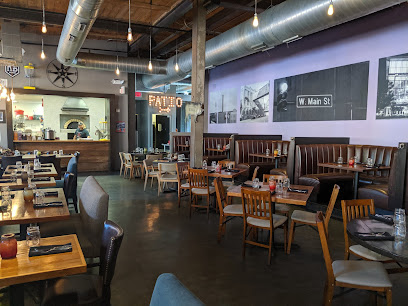
Luna Rotisserie and Empanadas
Discover authentic South American flavors at Luna Rotisserie and Empanadas in Durham - a culinary gem serving delicious rotisserie chicken and empanadas.
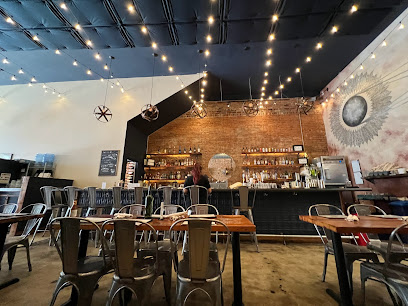
Mateo Bar de Tapas
Discover the vibrant flavors of Spain at Mateo Bar de Tapas in downtown Durham—where Southern hospitality meets exquisite culinary artistry.
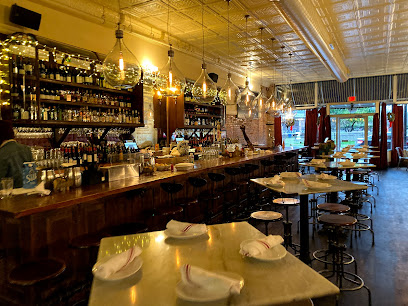
The Refectory Cafe
Discover the flavors of America at The Refectory Cafe in Durham - where organic meets delicious in every bite!
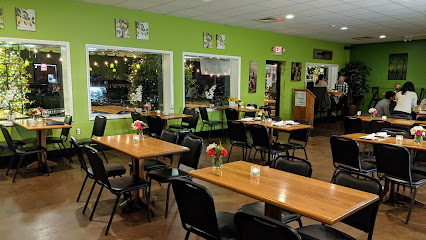
Vin Rouge
Experience authentic French cuisine at Vin Rouge in Durham, NC – where every dish tells a story.
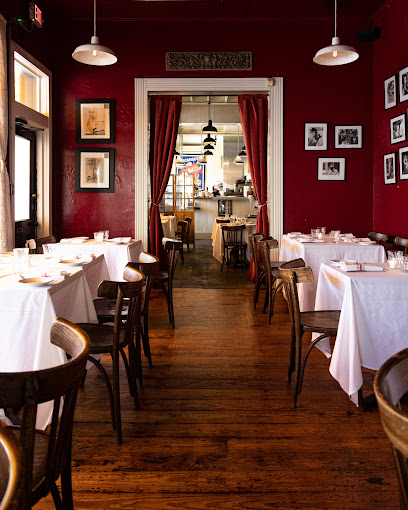
Juju Durham
Experience exceptional Asian fusion cuisine at Juju Durham—where tradition meets innovation in every delicious bite.
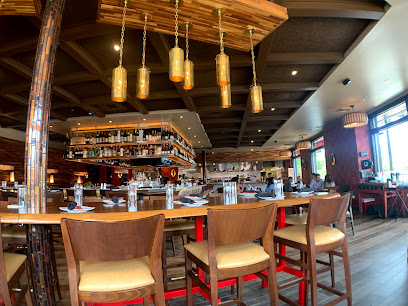
Local 22 Kitchen & Bar
Discover Local 22 Kitchen & Bar: A Culinary Haven in Durham Serving Exquisite Southern Dishes and Craft Cocktails.
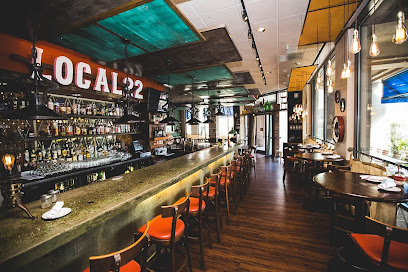
Parizade
Discover Parizade: A premier restaurant in Durham offering exquisite Mediterranean cuisine in an elegant setting.
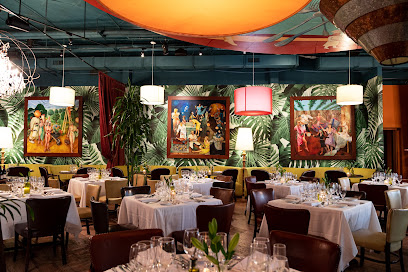
Mothers & Sons Trattoria
Discover the authentic flavors of Italy at Mothers & Sons Trattoria in downtown Durham, where tradition meets modern culinary excellence.
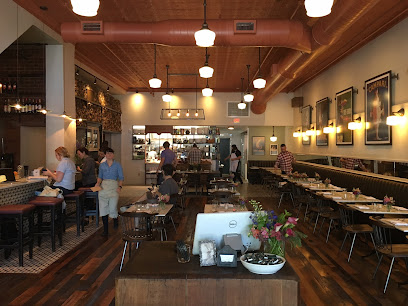
Markets, malls and hidden boutiques
The Streets at Southpoint
Explore The Streets at Southpoint, Durham's premier shopping mall offering diverse retail, dining, and entertainment experiences in a stunning outdoor setting.
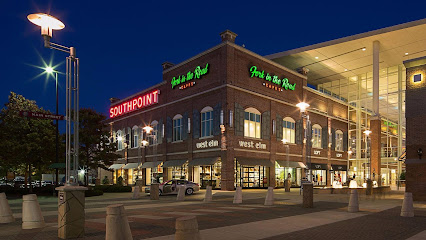
South Square
Explore South Square: Your Ultimate Shopping Experience in Durham, NC with Diverse Stores, Dining, and Entertainment.
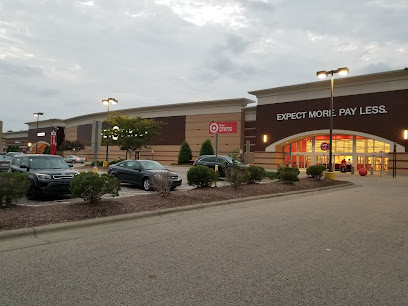
North Pointe Shopping Center
Discover the ultimate shopping experience at North Pointe Shopping Center in Durham, NC. Trendy stores, delicious dining, and vibrant entertainment await.
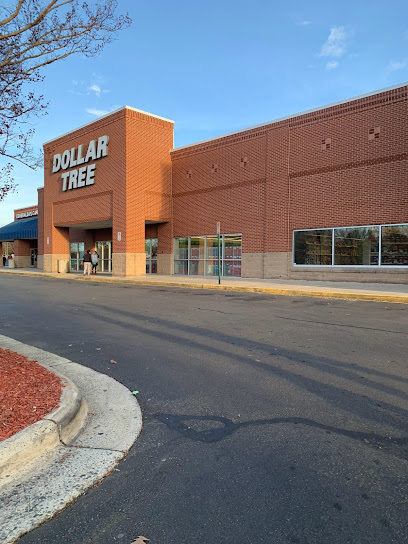
Patterson Place
Explore Patterson Place in Durham, NC: a vibrant shopping mall featuring diverse stores, dining options, and entertainment for an unforgettable experience.
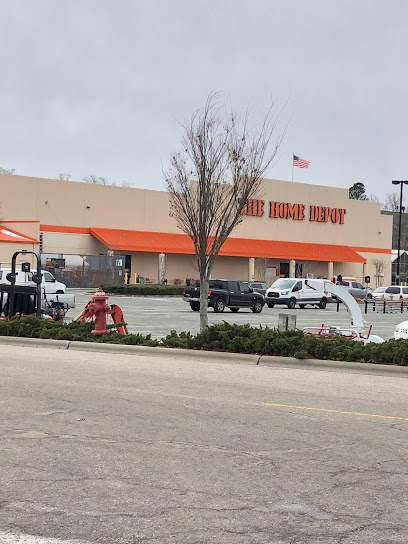
Shops at Erwin Mill
Explore The Shops at Erwin Mill in Durham, NC – a vibrant shopping mall with diverse stores and delightful dining experiences.
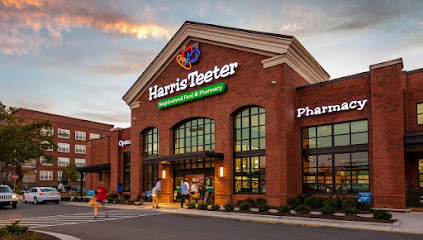
Woodcroft Shopping Center
Discover the Woodcroft Shopping Center: A vibrant shopping mall in Durham, NC, offering diverse stores, delightful dining, and a welcoming atmosphere.
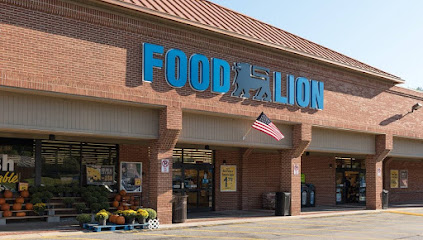
The Village Shopping Center
Discover an exciting shopping experience at The Village Shopping Center in Durham, NC, where retail, dining, and community events combine for an unforgettable visit.
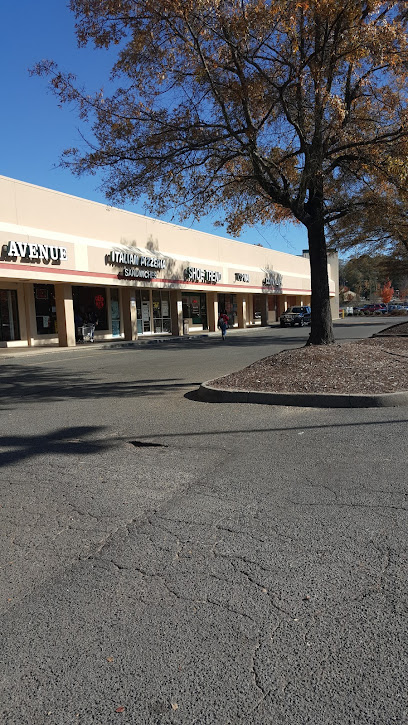
Lakewood Shopping Center
Explore Lakewood Shopping Center: A vibrant shopping destination in Durham, NC with diverse stores and dining options for every traveler.
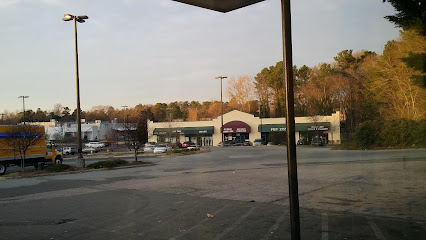
Westgate Shopping Center
Discover the vibrant shopping, dining, and entertainment experience at Westgate Shopping Center in Durham, North Carolina.
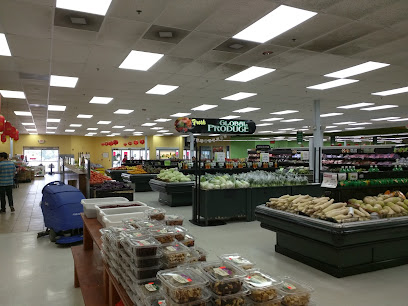
Shoppes of Hope Valley
Discover the Shoppes of Hope Valley, a lively shopping mall in Durham, NC, offering diverse retail, dining options, and community events for all visitors.
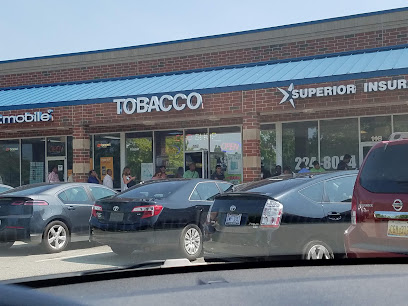
Rumors Durham
Discover eco-friendly fashion and unique vintage styles at Rumors Durham, the ultimate destination for second-hand treasures in North Carolina.
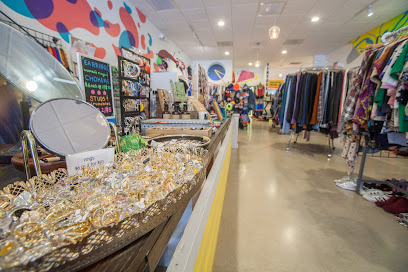
Vert & Vogue
Explore Durham's premier boutique for stylish women's clothing and accessories, where creativity and quality blend seamlessly.
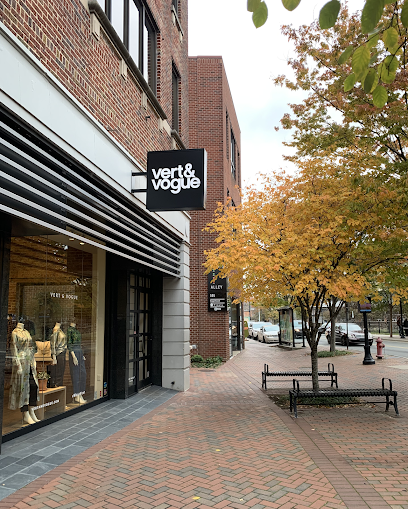
Exotique
Discover unique clothing, art, and handmade creations at Exotique in Downtown Durham, a must-visit destination for every tourist.
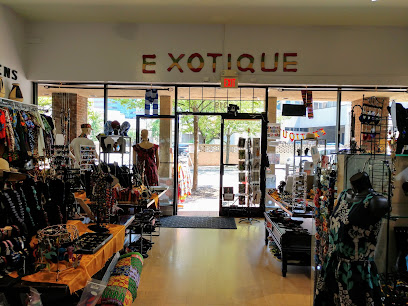
Bull City Fair Trade
Discover unique, ethically sourced gifts at Bull City Fair Trade, a community-focused shop in Durham, NC promoting fair-trade practices and artisan craftsmanship.
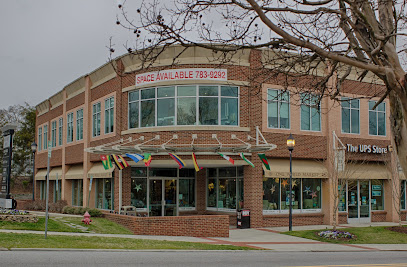
Vaguely Reminiscent
Discover unique women's fashion, handcrafted gifts, and chic accessories at Vaguely Reminiscent in Durham, NC.
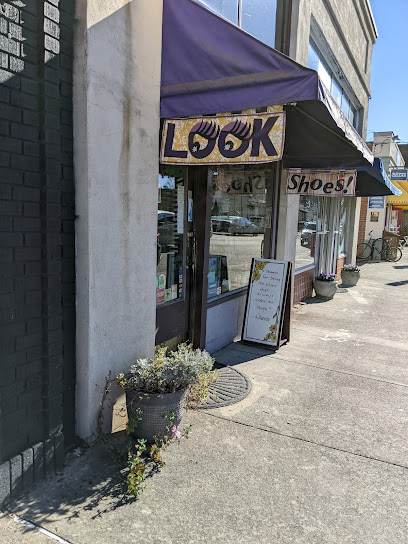
Essential bars & hidden hideouts
Bull McCabe's Irish Pub
Discover Bull McCabe's Irish Pub in Durham, a lively gastropub offering delicious food and a vast selection of beers in a vibrant atmosphere.
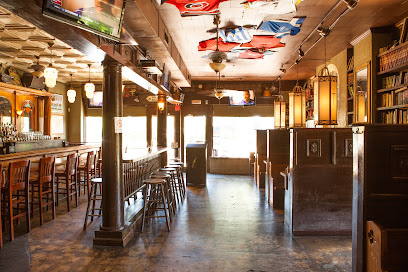
It's a Southern thing - Downtown Durham
Experience the heart of Southern cuisine at 'It's a Southern Thing' in Downtown Durham, where every meal is a celebration of flavor and hospitality.
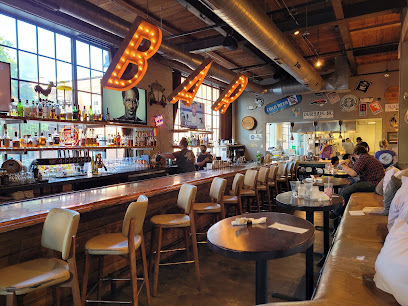
Alley Twenty Six
Experience the best of Durham at Alley Twenty Six, a lively cocktail bar and restaurant known for innovative drinks and a welcoming atmosphere.
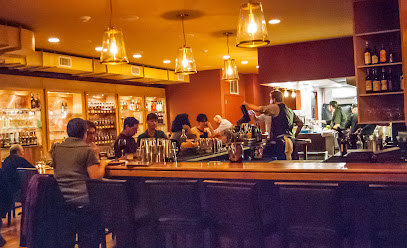
Local 22 Kitchen & Bar
Experience the best of Southern cuisine at Local 22 Kitchen & Bar in Durham, NC, where tradition meets modern culinary artistry.
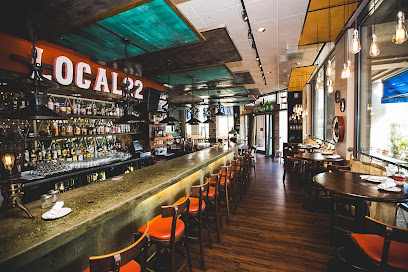
Pour Taproom
Discover the best craft beers at Pour Taproom in downtown Durham, where self-service meets an extensive selection and lively atmosphere.
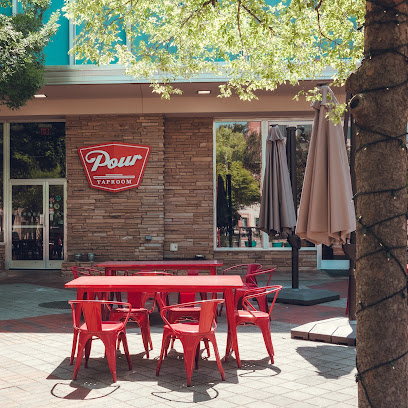
Bar Virgile
Experience the perfect blend of craft cocktails and seasonal cuisine at Bar Virgile, a top dining destination in Downtown Durham, NC.
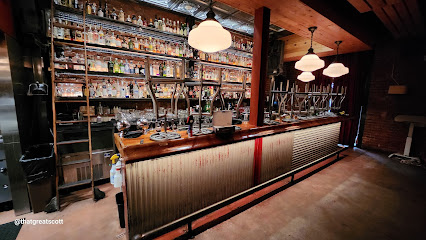
The Tavern
Experience the best of Durham's grilled delights, live music, and friendly vibes at The Tavern – a must-visit for food and music lovers.
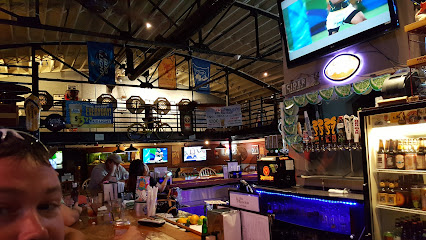
Bralie's Sports Bar
Discover the vibrant atmosphere of Bralie's Sports Bar in Durham, NC, where delicious food and sports unite for an unforgettable experience.
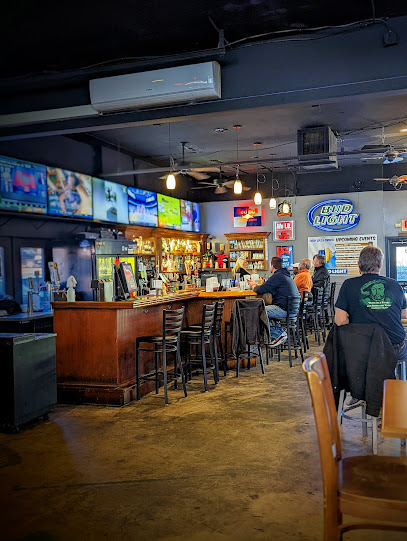
Federal
Discover the vibrant flavors of Southern cuisine at The Federal, Durham's premier bar and restaurant, where every dish tells a story.
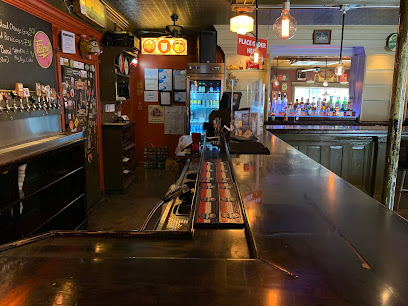
James Joyce Irish Pub and Restaurant
Discover the heart of Ireland in Durham at James Joyce Irish Pub, where authentic cuisine and vibrant culture meet.
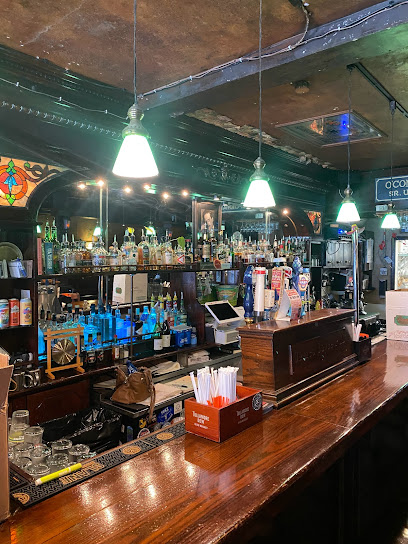
Devine's Restaurant & Sports Bar
Experience the perfect blend of American cuisine and sports excitement at Devine's Restaurant & Sports Bar in Durham, NC.
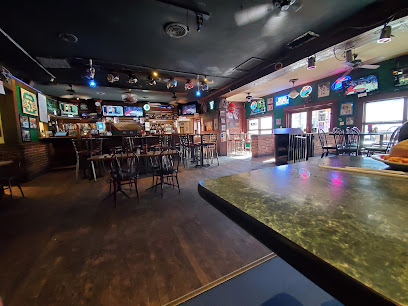
Accordion Club
Experience the vibrant nightlife of Durham at Accordion Club, where craft cocktails and live music create an unforgettable atmosphere.
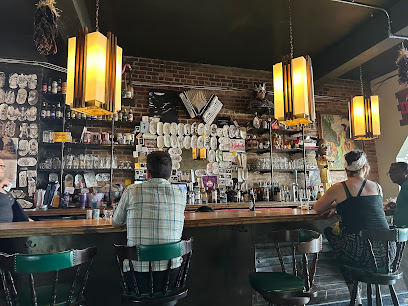
Arcana Bar and Lounge
Experience the eclectic atmosphere and creative cocktails at Arcana Bar and Lounge, the heart of Durham's nightlife.
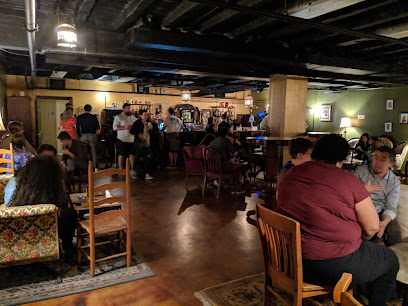
The PickleBack 2
Experience the vibrant nightlife of Durham at The PickleBack 2, where craft cocktails meet a welcoming atmosphere for an unforgettable evening.
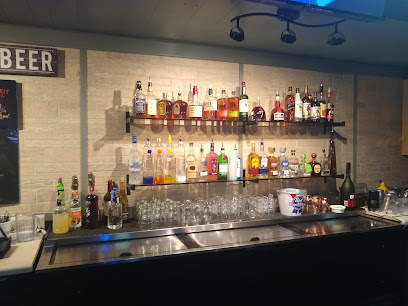
Local Phrases about Durham Area
-
- HelloHowdy
[haw-dee] - GoodbyeSee ya
[see yuh] - YesYup
[yuhp] - NoNah
[nah] - Please/You're welcomePlease/No problem
[pleez/no prob-lem] - Thank youThanks
[thanks] - Excuse me/SorryPardon me/My bad
[par-dun me/my bad] - How are you?How y'all doin'?
[how y'all doin'] - Fine. And you?I'm good. How 'bout you?
[ahm good. how 'bout yuh?] - Do you speak English?Ya'll speak English?
[y'all speak ing-glish?] - I don't understandI ain't catchin' on
[ah aint catchin' on]
- HelloHowdy
-
- I'd like to see the menu, pleaseCan I see the menu, please
[kan aye see the menu, please] - I don't eat meatI don't eat meat
[ah dohn eat meat] - Cheers!Cheers!
[cheers!] - I would like to pay, pleaseI'd like to settle the bill, please
[ahd like to set-l the bill, please]
- I'd like to see the menu, pleaseCan I see the menu, please
-
- Help!Help!
[help!] - Go away!Get lost!
[get lost!] - Call the Police!Call the 5-0!
[call the five-oh!] - Call a doctor!Get a doc!
[get a doc!] - I'm lostI'm turned around
[ahm turned around] - I'm illI'm feelin' poorly
[ahm feelin' poorly]
- Help!Help!
-
- I'd like to buy...I'm lookin' to buy...
[ahm lookin' tuh buy...] - I'm just lookingI'm just browsin'
[ahm just browsin'] - How much is it?How much does it cost?
[how much duhz it cost?] - That's too expensiveThat's mighty pricey
[thats mighty pricey] - Can you lower the price?Can ya knock the price down?
[can yuh knock the price down?]
- I'd like to buy...I'm lookin' to buy...
-
- What time is it?What's the time?
[whats the time?] - It's one o'clockIt's one o'clock
[its one o'clock] - Half past (10)Half past (10)
[half past (10)] - MorningMornin'
[mornin'] - AfternoonAfternoon
[afternoon] - EveningEvenin'
[evenin'] - YesterdayYest'day
[yest'day] - TodayToday
[today] - TomorrowTomorra
[tomorra] - 1One
[wun] - 2Two
[too] - 3Three
[three] - 4Four
[four] - 5Five
[five] - 6Six
[six] - 7Seven
[seven] - 8Eight
[eight] - 9Nine
[nine] - 10Ten
[ten]
- What time is it?What's the time?
-
- Where's a/the...?Where's a/the...?
[where's a/the...?] - What's the address?What's the address?
[whats the address?] - Can you show me (on the map)?Can you show me (on the map)?
[can you show me (on the map)?] - When's the next (bus)?When's the next (bus)?
[whens the next (bus)?] - A ticket (to ....)A ticket (to ....)
[a ticket (to ....)]
- Where's a/the...?Where's a/the...?
History of Durham Area
-
Durham, North Carolina, was officially incorporated on April 10, 1869. However, its roots trace back to a Native American village known as Adshusheer that occupied the area before European settlers arrived. Initially, Durham was a railroad depot for the North Carolina Railroad. The town grew rapidly due to its strategic location and the booming tobacco industry.
-
Durham's rise to prominence began with the tobacco industry, particularly after the Civil War. Washington Duke, a Confederate veteran, started a small tobacco business that eventually became the American Tobacco Company. The company dominated the sector, turning Durham into a tobacco empire. The Liggett & Myers Tobacco Company also made significant contributions, further cementing Durham's role in the industry.
-
Durham played a crucial role in the Civil Rights Movement, serving as a hub for African American business and activism. The Hayti District, a thriving African American community, was home to Black Wall Street, one of the most prosperous African American business districts in the country. Leaders like Dr. Martin Luther King Jr. and Malcolm X visited Durham, drawing inspiration from its economic and social activities.
-
In the 1950s, Durham, along with Raleigh and Chapel Hill, became part of the Research Triangle Park (RTP). This was an initiative to attract high-tech research and development firms to the area. The park has since grown into one of the largest research parks in the world, hosting companies like IBM, Cisco, and GlaxoSmithKline. The establishment of RTP transformed Durham into a center for technology and innovation.
-
Duke University, originally founded as Trinity College in 1838, moved to Durham in 1892. The institution was renamed Duke University in 1924 after a significant endowment from tobacco magnate James Buchanan Duke. The university's Gothic architecture and renowned programs have made it a landmark in Durham and a major driver of the local economy and culture.
-
Durham has a rich music history, particularly in jazz and blues. The Carolina Theatre, built in 1926, has hosted numerous legendary performances. The Bull Durham Blues Festival, founded in 1988, celebrates the city's musical heritage and attracts artists and fans from all over the country. The American Dance Festival, also held in Durham, has been a significant cultural event since its establishment in 1934.
-
In recent decades, Durham has undergone significant revitalization efforts. Historic buildings like the American Tobacco Campus have been repurposed, blending the city's industrial past with modern amenities. The revitalization of downtown Durham has turned it into a vibrant area filled with restaurants, shops, and cultural venues, attracting both residents and visitors.
-
The Durham Bulls, a minor league baseball team, have been a part of the city's identity since 1902. The team gained national fame through the 1988 film 'Bull Durham.' The Durham Bulls Athletic Park, opened in 1995, is a popular destination for sports enthusiasts and has helped boost the local economy and community spirit.
Durham Area Essentials
-
Durham Area in North Carolina is conveniently accessible via air, road, and rail. The nearest major airport is Raleigh-Durham International Airport (RDU), located approximately 20 miles from downtown Durham. RDU offers numerous domestic and international flights. For those traveling by car, Durham is accessible via major highways including I-85 and I-40. Amtrak also provides rail services to Durham with the Durham Station located in the heart of the city, offering connections to several major cities.
-
Durham offers a variety of transportation options for visitors. The GoDurham bus service provides extensive coverage within the city, and regional transit services like GoTriangle connect Durham to neighboring cities such as Raleigh and Chapel Hill. Ride-sharing services like Uber and Lyft are widely available, as are traditional taxis. Renting a car is also a convenient option, with several rental agencies located at RDU and throughout the city. For those who enjoy cycling, Durham has a growing network of bike lanes and trails.
-
The official currency in Durham, as in the rest of the United States, is the U.S. Dollar (USD). Credit and debit cards are widely accepted in most establishments, including hotels, restaurants, and shops. ATMs are readily available throughout the city, and many offer the ability to withdraw cash using international cards. It is advisable to carry some cash for smaller businesses and tips.
-
Durham is generally a safe destination for tourists, but as with any urban area, it is important to remain vigilant. Some areas, particularly certain parts of East Durham, have higher crime rates, and it is advisable to avoid these neighborhoods, especially at night. Stick to well-lit, populated areas and keep an eye on your belongings in crowded places. If you find yourself in an unfamiliar area, consider using a ride-sharing service or taxi to reach your destination safely.
-
In case of emergency, dial 911 for immediate assistance. Durham has several medical facilities including Duke University Hospital and Durham Regional Hospital. It is recommended to have travel insurance that covers medical emergencies. Pharmacies are widely available for minor health issues and over-the-counter medications. The Durham Police Department and emergency services are prompt and reliable.
-
Fashion: Do dress comfortably and according to the season. Casual clothing is widely accepted, but consider dressing up a bit for fine dining or cultural events. Religion: Do respect religious institutions and customs. Many churches and religious sites welcome visitors but expect respectful behavior. Public Transport: Do be courteous on public transport; offer your seat to the elderly or disabled. Don't play loud music or engage in disruptive behavior. Greetings: Do greet people with a smile or a handshake. Southerners are known for their hospitality and friendliness. Eating & Drinking: Do try local barbeque and Southern cuisine. Don't leave a restaurant without tipping; a 15-20% tip is customary.
-
To experience Durham like a local, visit the Durham Farmers' Market, held every Saturday, where you can buy fresh produce and artisanal goods. Explore the American Tobacco Campus, a historic area now filled with shops, restaurants, and entertainment. Don't miss a visit to the Sarah P. Duke Gardens, a beautiful botanical garden on Duke University's campus. For a local dining experience, try some of the food trucks that frequent the area. Engage with locals at coffee shops and breweries; Durhamites are known for their welcoming nature and are often happy to share their favorite spots and tips.
Nearby Cities to Durham Area
-
Things To Do in Raleigh
-
Things To Do in Greensboro
-
Things To Do in Fayetteville
-
Things To Do in Winston-Salem
-
Things To Do in Lynchburg
-
Things To Do in Roanoke
-
Things To Do in Mooresville
-
Things To Do in Petersburg
-
Things To Do in Blacksburg
-
Things To Do in New Bern
-
Things To Do in Charlotte
-
Things To Do in Fort Mill
-
Things To Do in Richmond
-
Things To Do in Hickory
-
Things To Do in Suffolk













